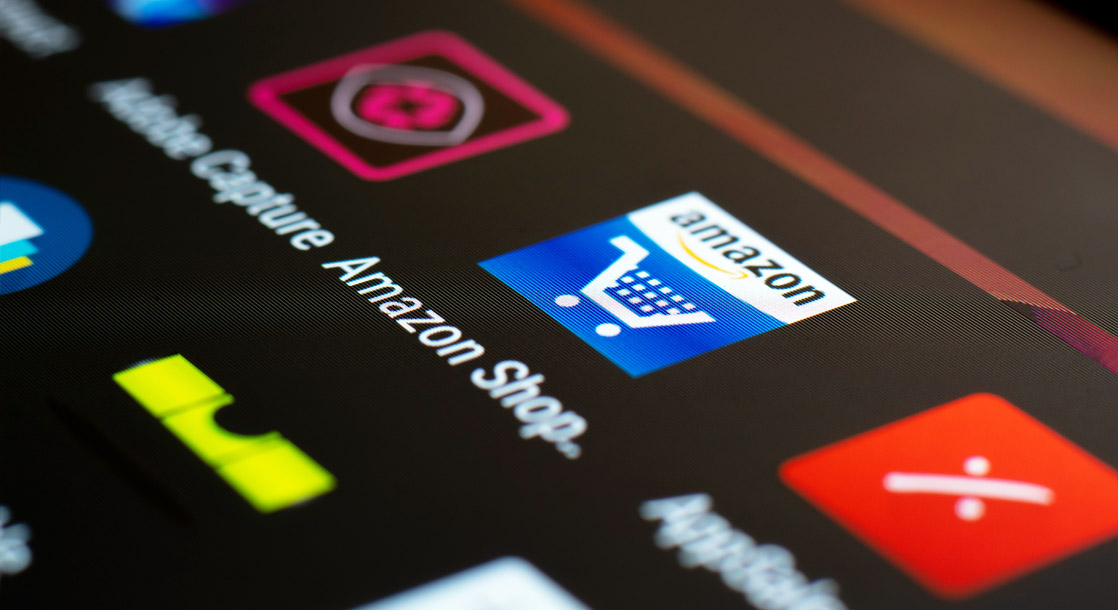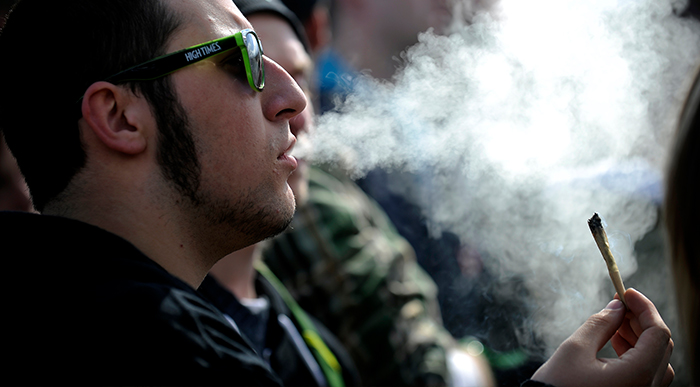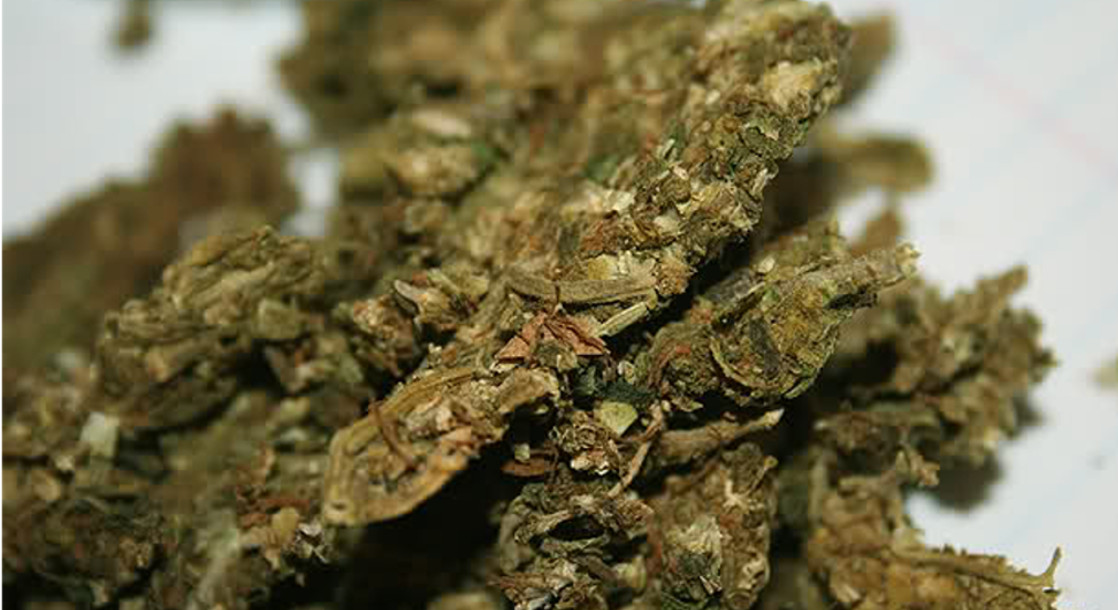Amazon has earned a reputation as one of America’s most weed-friendly corporations after it stopped drug testing its employees for THC last year. The shipping megacorp has even gone so far as to register as a lobbyist and officially advocate for federal cannabis reform. But sadly, the company’s newfound tolerance of weed doesn’t apply to small businesses that actually want to sell pot accessories via its online store.
Amazon’s online store guidelines specifically prohibit third-party sellers from listing products that are primarily used for creating, preparing, or using a controlled substance. The rules are pretty clear when it comes to bongs or dab rigs, but things get more hazy when considering items like rolling papers or pipes that can be used for both weed and tobacco. Spice grinders, which work equally well with natural herbs like oregano or federally-prohibited herb, are also becoming a point of contention.
“Third-party sellers are independent businesses and are required to follow all applicable laws, regulations and Amazon policies when listing items for sale in our store,” a company spokesperson told the Seattle Times. “We have proactive measures in place to prevent prohibited products from being listed, including drug paraphernalia, and we continuously monitor our store, remove any such products and take corrective actions when we find them.”
The company’s official policies seem to be pretty cut and dry, but the actual enforcement of these rules is highly inconsistent. In a recent crackdown, Amazon has banned some small businesses from selling grinders specifically designed for spices, while allowing others to sell patently weed-oriented products. “Spice grinder for marijuana” is the second-most popular item when searching for spice grinders, and there are currently 646 items being sold in that category today.
“They’ve always said there’s no drug paraphernalia but there were lots of products that were ambiguous products that were able to sell on the platform for years and years,” Lesley Hensell, co-founder of Riverbend Consulting, a company that supports third-party sellers on Amazon, told the Seattle Times.
Hensell explained that Amazon recently started using artificial intelligence technology to identify prohibited products, which has allowed them to ban more products than ever. But as is often the case with AI, completely innocent products are now getting flagged as prohibited. Some grinders that are specifically intended to be used for legal spices and herbs are getting pulled from the site, while others that explicitly state that they could be used for weed are allowed to stay up for sale.
In one unfortunate case, Amazon banned all of San Francisco-based Golden Gate Grinders’ products for violating its drug paraphernalia rules. This small business, owned and operated by 68-year-old Arnold Marcus in his living room, had been successfully selling spice grinders on the site for years. “There was no indication in all those years that this is a prohibited product,” said Marcus to the Seattle Times. “One day, they were supporting me and then one day it ended.”
The ongoing disconnect between statewide cannabis legalization laws and large-scale federal prohibition has left major companies with a confusing conundrum. Many companies are perfectly willing to start selling weed-related products and services to happy customers, but few are willing to risk the wrath of federal law enforcement. Some companies have been brave enough to embrace cannabis reform, while others remain stuck in the past.
Meta, parent of Facebook and Instagram, continues to delete legal weed companies’ accounts and even blocks businesses from advertising most legal CBD products. Google will allow legal weed companies to share information about their products, but not advertise or sell them through its apps .And on the opposite end of the spectrum, Apple recently started allowing state-legal weed businesses to distribute apps through its App Store.











